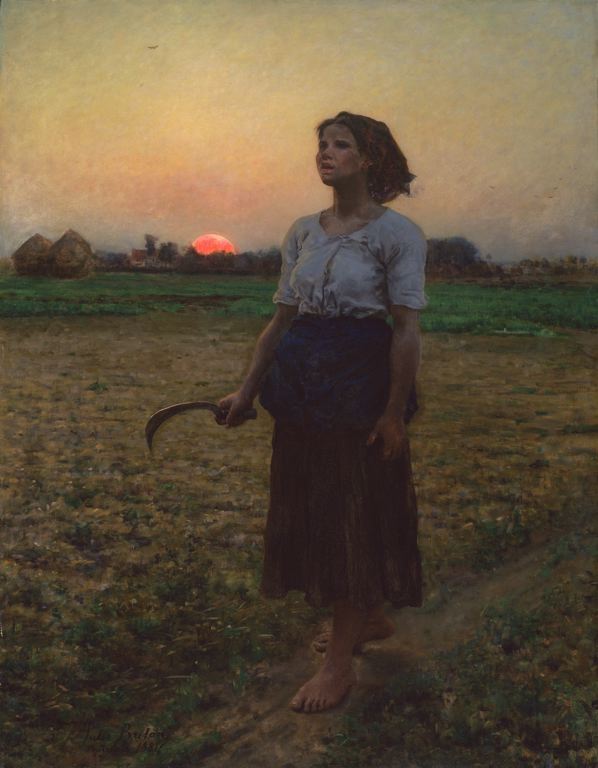
St. Mary’s College of Maryland is very excited by our new president, Joseph Urgo, who joins us this week. Among other things, Professor Urgo is a national authority on William Faulkner and Willa Cather. I share with you here an excerpt from his program notes for the College’s Summer River concert series. You’ll understand my own excitement about the new president when you read it. It could have been penned for this website.
Incidentally, I invite any of you in the area to attend our concert series, which reflects our commitment, as a public liberal arts college, to the surrounding community. There is a concert every Friday night from the middle of June to the end of July at 7 p.m. You get to watch the sun go down over the St. Mary’s River as you listen to a wide range of classical pieces. The event regularly draws 3000-5000 people. Bring a picnic and your kids.
In President Urgo’s program greeting, he talks about the value of music for the community. Here’s an excerpt:
By President Joseph Urgo, St. Mary’s College of Maryland
. . . I am reminded of Willa Cather’s Song of the Lark, which tells the story of an opera singer’s development from childhood to world renowned artist. Thea Kronborg is a small-town girl who goes to Chicago to study piano, anticipating the exploration of her musical gifts. There, for the first time in her life, she hears great music performed by men and women who devote their lives to the arts. Cather’s description of Thea’s encounter with Dvorak’s Symphony From the New World captures the moment when music transfixes, elevates, and inspires:
The first theme had scarcely been given out when her mind became clear; instant composure fell upon her, and with it came the power of concentration. This was music she could understand, music from the New World indeed! Strange how, as the first movement went on, it brought back to her that high tableland above Laramie; the grass-grown wagon trails, the far-away peaks of the snowy range, the wind and the eagles, that old man and the first telegraph message.
When the first movement ended, Thea`s hands and feet were cold as ice. She was too much excited to know anything except that she wanted something desperately, and when the English horns gave out the theme of the Largo, she knew that what she wanted was exactly that. Here were the sand hills, the grasshoppers and locusts, all the things that wakened and chirped in the early morning; the reaching and reaching of high plains, the immeasurable yearning of all flat lands. There was home in it, too; first memories, first mornings long ago; the amazement of a new soul in a new world; a soul new and yet old, that had dreamed something despairing, something glorious, in the dark before it was born; a soul obsessed by what it did not know, under the cloud of a past it could not recall.
We look to the arts for the soul’s sustenance, to remind us that life is more than what consumes us on a daily basis, to sustain the sense that our time on this planet is indeed rich with significance inaccessible by language, unspoken but heard unmistakably on a summer evening, on the banks of the river, listening in the company of friends and neightbors.
. . . At the end of her momentous visit to the concert hall, Thea Kronborg, Cather writes, “was sunk in twilight; it was all going on in another world.” The music she hears that evening introduces her to something that “was to flow through so many years of her life” as her career develops and her art matures. With the highest of anticipation, Lesley and I look forward to seeing you in the twilight, the time for transition, when old days end and new days prepare, and we are inspired onward.

